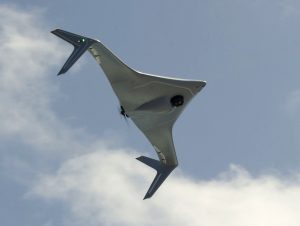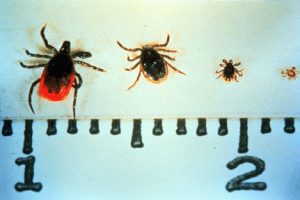
90.3
Bat Bot Takes Flight
The flight patterns and agility of bats have long fascinated scientists. Now, a team of researchers have created a fully self-contained, autonomous flying robot that weighs 93 grams, called Bat Bot (B2), that mimics the morphological properties of bat wings and has important implications for animal flight analysis.

